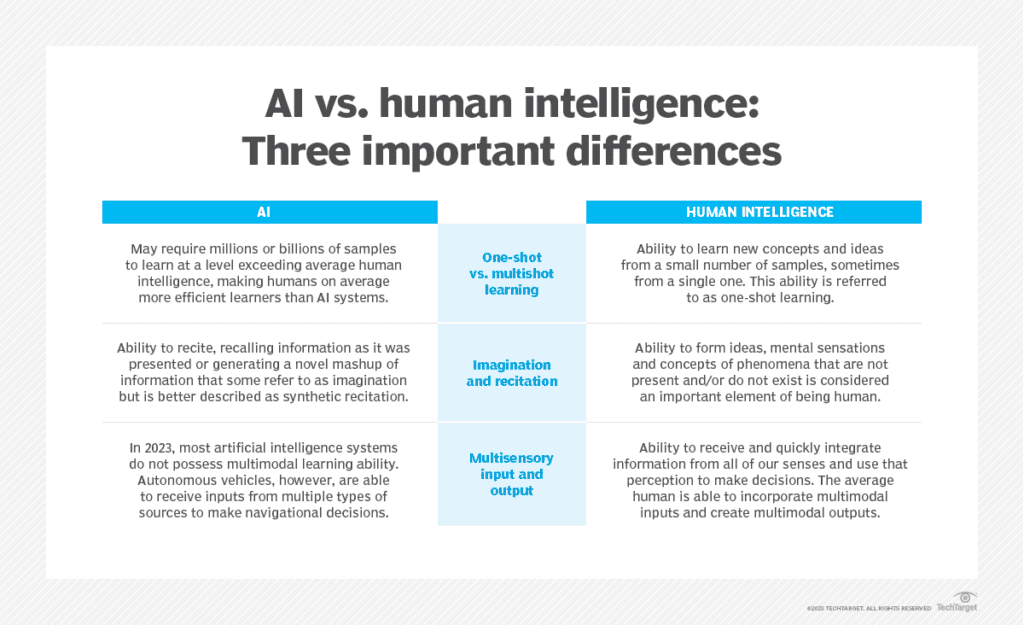Announcements
- Financial services firms are undergoing complete makeovers as they rework their vision, resources and leadership strategy to stay competitive in the digital world. Join the Digital Transformation for Financial Services summit to learn to transform strategically, creating a digital-first strategy that combines emerging technologies such as AI, analytics, blockchain and more with the right talent and ways of working to optimize efficiencies, bolster resilience and drive long-term success.
- Generative AI is rapidly transforming the life sciences and healthcare industries, offering new possibilities for drug discovery, manufacturing and sales engagement, disease diagnosis, and personalized treatment. In the upcoming Generative AI in Life Sciences and Healthcare: Current and Future Trends webinar, Dataiku & Deloitte leaders Ben Taylor and Ayan Bhattacharya will explore the latest trends in generative AI and their potential applications in the life sciences and healthcare space. Join us to learn how cutting-edge Generative AI applications can improve patient care and help develop new products to drive wellness.

Can Boards of Directors’ steer AI business ethics?
As enterprises implement complex AI capabilities as part of business strategy, corporate boards face an increasingly common moral quandary: Do the business (and of course monetary) benefits of AI outweigh the societal risks?
In his three-part series that continues this week, Bill Schmarzo examines the board’s role in organizations’ responsible and ethical AI deployment. In part one, Bill covered how to mitigate the impacts of AI Confirmation Bias. In part two, he examines how to identify and avoid potential unintended consequences of AI deployment. As Bill notes, it’s vital for boards to stay proactive when it comes to AI ethics and risk avoidance.
Stay tuned for next week, when Bill concludes the series with Part 3. He promises to provide an Unintended Consequences Assessment worksheet plus a checklist that the Board of Directors can leverage when advising senior management on mitigating the impacts of AI confirmation bias.
This advice should help board members who are hesitant about their role in AI risk avoidance. However, the SEC is considering rules requiring companies to disclose their cybersecurity governance capabilities, including the board’s oversight of cyber risk. It’s not a stretch to think AI will be next on the SEC’s list, especially if artificial intelligence use in business proves a risk to investors and consumers. Boards at any company with AI-driven products and services must start considering how to implement efforts to offset the risks presented by artificial intelligence’s many benefits.
The Editors of Data Science Central
Contact The DSC Team if you are interested in contributing.
DSC Featured Articles
- Artificial Intelligence: A Board of Directors Challenge – Part II
June 13, 2023
by Bill Schmarzo - Best practices for designing accessible e-learning content
June 9, 2023
by Nikita KV - The unannounced next-level partnership between Microsoft and Databricks
June 9, 2023
by Jason Yip - Digital systems essential for decarbonizing the energy pipeline
June 9, 2023
by Jane Marsh - Data observability vs data quality
June 9, 2023
by Vanitha - The Importance of Data Engineering for a Profitable App Development
June 9, 2023
by Evan Rogen - Healthcare Analytics: How it Enables Better Patient Care
June 9, 2023
by Ryan Williamson - The impact of conversational AI on healthcare outcomes and patient satisfaction
June 7, 2023
by John Lee - Data science as a lucrative career option for the youth
June 7, 2023
by Erika Balla - Why are progressive web apps becoming the future of web development?
June 7, 2023
by TarunNagar - How does a beginner become a data analyst?
June 7, 2023
by Evan Rogen - DSC Weekly 6 June 2023 – The Missing Part in LLMs and GPT-like Systems
June 6, 2023
by Scott Thompson
Picture of the Week

